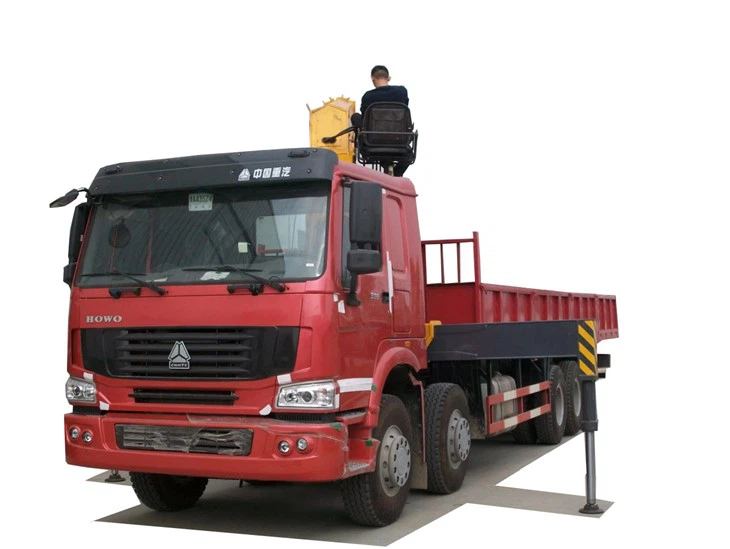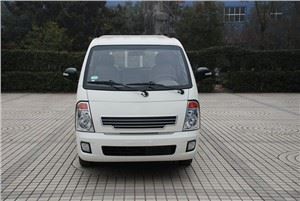Understanding the Difference Between an RV and a Motorhome

Introduction
As the popularity of road trips and outdoor adventures grows, the terms RV (Recreational Vehicle) and motorhome come up frequently. Many people use these terms interchangeably, but they denote different types of vehicles. This article will provide a comprehensive understanding of the differences between an RV and a motorhome. We will delve into the definitions, types, features, pros and cons, and much more. So, whether you are a seasoned traveler or a novice looking to explore the great outdoors, this guide will offer valuable insights.
What is an RV?
RV is an umbrella term that encompasses all types of recreational vehicles designed for leisure activities. A vehicle is classified as an RV if it includes living quarters and is intended for temporary living accommodations. There are two main categories of RVs: motorized and towable.
Types of RVs
- Motorized RVs: Powered by their own engines.
- Towable RVs: Require a separate vehicle for towing.
Common Types of RVs
| Type | Description |
|---|---|
| Travel Trailers | Non-motorized trailers towed by a vehicle. |
| Fifth Wheel Trailers | Larger trailers requiring a special hitch in the truck bed. |
| Pop-Up Campers | Foldable campers that are easy to set up and tow. |
| Class A Motorhomes | Large motorized RVs that resemble buses. |
| Class B Motorhomes | Van-sized motorhomes, often known as camper vans. |
| Class C Motorhomes | Mid-sized RVs with a cab-over design. |

What is a Motorhome?
A motorhome is a specific type of RV that is motorized. It is designed for living in and is built on a truck or bus chassis. Due to their built-in living space, motorhomes provide the benefits of transportation and accommodation in one package.
Types of Motorhomes
Motorhomes are generally divided into three classes:

- Class A: The largest and most luxurious motorhomes, often featuring full kitchens and bathrooms.
- Class B: Compact and versatile camper vans ideal for solo travelers or couples.
- Class C: A mid-range option that typically includes a sleeping area above the driver’s cab.
Key Differences Between an RV and a Motorhome
Definition
The primary difference lies in the definition: all motorhomes are RVs, but not all RVs are motorhomes. RVs can be either motorized or towable, while motorhomes are specifically motorized vehicles.
Structure and Design
Motorhomes are built on a specific chassis with an integrated space for living. In contrast, towable RVs, like travel trailers, are primarily designed to be towed by another vehicle.
Mobility and Convenience
A motorhome can drive itself, making it convenient to travel. Towable RVs, however, require a separate vehicle for transport, which can be cumbersome.
Space and Amenities
Motorhomes often include full amenities such as kitchens and bathrooms, whereas some towable RVs may not. The size and layout can vary significantly between motorhomes and towable RVs.
Cost
Motorhomes tend to be more expensive than many towable RVs. The upfront costs and maintenance expenses for motorhomes can be higher, although they may provide more convenience.
Pros and Cons of RVs
Pros
- Wide variety of options to suit different needs and budgets.
- Flexibility in travel, allowing for spontaneous trips.
- Space for outdoor gear and appliances.
Cons
- Depending on the type, maintenance can be complicated.
- Gas mileage may be less efficient for larger RVs.
- Potentially costly for both purchase and upkeep.
Pros and Cons of Motorhomes
Pros
- Built-in living space offering comfort during travel.
- Integrating driving and living accommodations into one vehicle.
- Easy setup and travel procedures.
Cons

- Higher initial costs compared to some towable RV options.
- More difficult to park and maneuver in tight spaces.
- Limited cargo capacity compared to larger towable RVs.
Best Use Cases for RVs
Traveling with Family
Travel trailers and fifth-wheel trailers provide ample space for family travel and activities.
Weekend Getaways
Pop-up campers are excellent for short trips, offering ease of setup and transport.
Campsite Living
RVs are ideal for camping sites where you can set up and enjoy the great outdoors.
Best Use Cases for Motorhomes
Long-Distance Travel
Class A and C motorhomes are great for long road trips, providing all the amenities needed for extended travel.
Comfort Seeking Travelers
Budget and luxury travelers can find motorhomes suitable for their comfort needs, ranging from compact Class B models to spacious Class A ones.
Mobile Lifestyle
Those looking to live on the road full-time may find motorhomes more accommodating than towable options.
Tips for Choosing Between an RV and a Motorhome
Assess Your Needs
Consider the type of trips you envision taking, the number of travelers, and required amenities.
Budgeting
Factor in both initial purchase costs and ongoing maintenance and fuel costs when deciding.
Test Drive
Always test drive a motorhome and tow a trailer to gauge comfort and usability before making a purchase.
Maintenance and Upkeep
Routine Maintenance for All RV Types
Regular checks on tires, brakes, and engine for motorhomes, as well as inspection of appliances and plumbing for both RVs and motorhomes are essential.
Specific Maintenance for Motorhomes
- Engine check-ups
- Regular oil changes
- Generator maintenance
Specific Maintenance for Towable RVs
- Inspecting the hitch
- Regular checks on brake and taillights
- Checking the tires for wear
Frequently Asked Questions (FAQs)
1. Can I live in an RV full-time?
Yes, many people live full-time in RVs, particularly motorhomes, which provide the amenities necessary for daily life.
2. What’s the average lifespan of a motorhome?
With proper maintenance, a motorhome can last 10-30 years, depending on the model and usage.
3. Do I need a special license to drive a motorhome?
In most cases, a standard driver’s license is sufficient for Class B and C motorhomes, but some states may require a special license for Class A motorhomes.
4. Are RVs fuel-efficient?
RVs generally have lower fuel efficiency compared to standard vehicles. Motorhomes tend to consume more fuel due to their weight and size.
5. Can I tow a vehicle behind a motorhome?
Yes, many motorhomes are designed to tow a vehicle, although you should check manufacturer specifications for weight limits.
6. Which is better for families: RVs or motorhomes?
This depends on your needs. Motorhomes often provide more comfort and amenities, while some towable RVs can offer more space for larger families.
